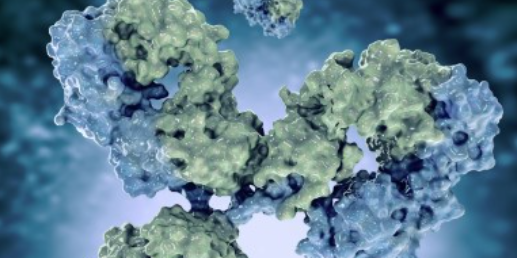Sacituzumab govitecan expands its therapeutic spectrum among breast cancer subtypes
DOI:
https://doi.org/10.17305/bb.2022.8874Keywords:
Editorial, sacituzumab govitecan, breast cancer subtypesAbstract
Antibody-drug conjugates (ADCs) are novel, highly potent drugs composed of a small molecule of an anticancer drug (payload)
attached to humanized antibody recognizing an epitope on the surface of cancer cells. ADCs are rapidly expanding in the oncology field. By 2022, >180 ADC-based clinical trials have been conducted [1]. Most of these clinical trials are in phases I or II [1]. Several ADCs have been approved and used for the treatment of various malignancies (e.g., brentuximab vedotin (BV) for the treatment of CD30+ lymphomas, trastuzumab emtansine (T-DM1) for advanced/metastatic/or early-stage high-risk HER2-positive breast cancer with residual disease after neoadjuvant treatment) [2].
Read more in the PDF.
Citations
Downloads

Downloads
Additional Files
Published
Issue
Section
Categories
License
Copyright (c) 2023 Semir Vranic

This work is licensed under a Creative Commons Attribution 4.0 International License.









